Four young Kenyans emerged the winners to join the prestigious Future Leaders Connect
programme, and will join 46 other winners from around the world in this year’s cohort.
Future Leaders Connect is a major initiative run by the British Council – the UK’s
international organisation for cultural relations and educational opportunities.
The prestigious programme aims to develop the next generation of globally connected leaders who will
create positive change through effective policy making.
The four winners are; Sharon Adhiambo- a Public Sector Economist, Alphaxard Gitau
Ndungu- a Young Farmer and a master’s student at the University of Nairobi , Nafula
Wafula- an advocate for gender equality and human rights and Dr Phyllis Maina- a Medical
Officer of Health in Laikipia North.
A total of 50 winners, selected from more than 15,000 applications around the world, will
travel to the UK in October to undergo advanced leadership training at the Møller Institute,
University of Cambridge.
They will meet with British MPs at the Houses of Parliament and other international leaders to discuss their policy ideas.
In 2017 and 2018, young applicants globally chose access to education as their most
important policy area. Other top issues highlighted were sustainability, climate change and
the environment, and youth opportunities.
In previous years, Future Leaders Connect participants have debated peace and education
with former UN Secretaries-General Kofi Annan and Ban Ki-moon, and presented their
policy ideas at 10 Downing Street, the British Prime Minister’s residence.
Eight young competitors took the podium at a TED-X event at the University of Nairobi
auditorium and had six-minute each to explain their policy idea, what impact it could have
and why they are the right person to lead the change they envisage.
More than 1,300 young people from Kenya applied to join the global network of emerging policy leaders.
Twelve countries are participating in Future Leaders Connect: Canada, Egypt, India,
Indonesia, Kenya, Mexico, Morocco, Nigeria, Pakistan, Poland, Tunisia, USA, plus the four
nations of the UK: England, Wales, Scotland and Northern Ireland.
Sir Ciarán Devane, Chief Executive of the British Council, said: “An international outlook
is vital for future leaders of all countries to understand and overcome the challenges our
changing world presents.
“Future Leaders Connect supports the next generation of leaders to develop policy skills and
build international contacts that will enable them to create positive change across the world.
We’ve already seen previous participants make an impact in mentoring young people who
are in schools and supporting them to prepare for the challenges of life after their education,
and I have no doubt that this year’s cohort will be just as committed to tackling the global
challenges we face today. I look forward to welcoming Kenya’s winners to London in
October.”
Tim Kipchumba, a member of the pioneer group of 2017 Future Leaders Connect
programme says the knowledge and networking gained has given him a great impetus to
some of his ideas of working and supporting young people through his mentorthon
programme.
“The British Council Future Leaders Connect programme is about young people taking
action to bring change in their communities. I’ve been involved in a research with Strathmore
Business School which looks at the motivations for young people who were involved in the
post-election violence in the country in 2007.”
“As part of my work in the mentorthon programme where we mentor young people, and the
programme added more impetus and clarity to at mentorthon. In 2020, we plan to extend our
programme to reach 40,000 students at risk working with over 300 role models and scores of
partners with the aim of reaching over 300 schools to increase young people’s self-belief.”
Future Leaders Connect is a long-term network of emerging policy leaders made up of
exceptional individuals aged 18-35 from around the world. Members of the network are given
the opportunity to develop their policy making expertise, make valuable connections and
gain the skills to have real impact.
British Council research found that people who have were involved in cultural relations –
arts, education and English language activities – with the UK have greater trust in people
from the UK.
A separate study by the British Council in 2014 found that one in ten world leaders had
studied in the UK.

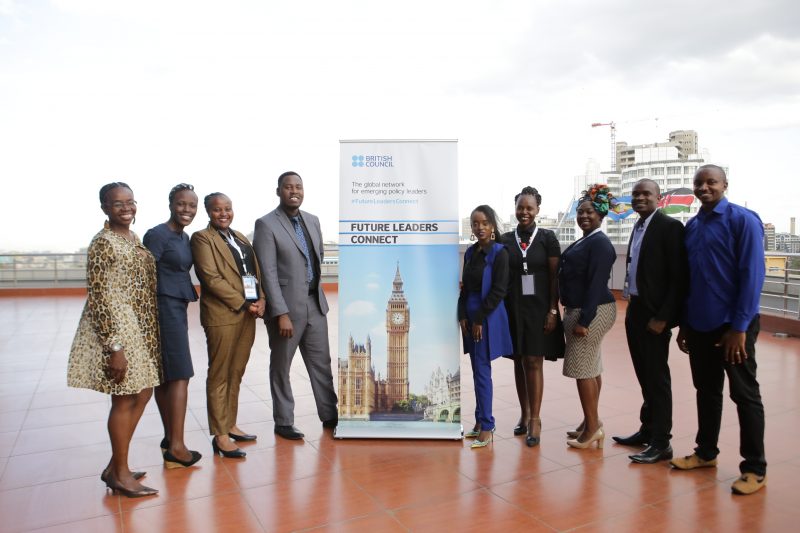
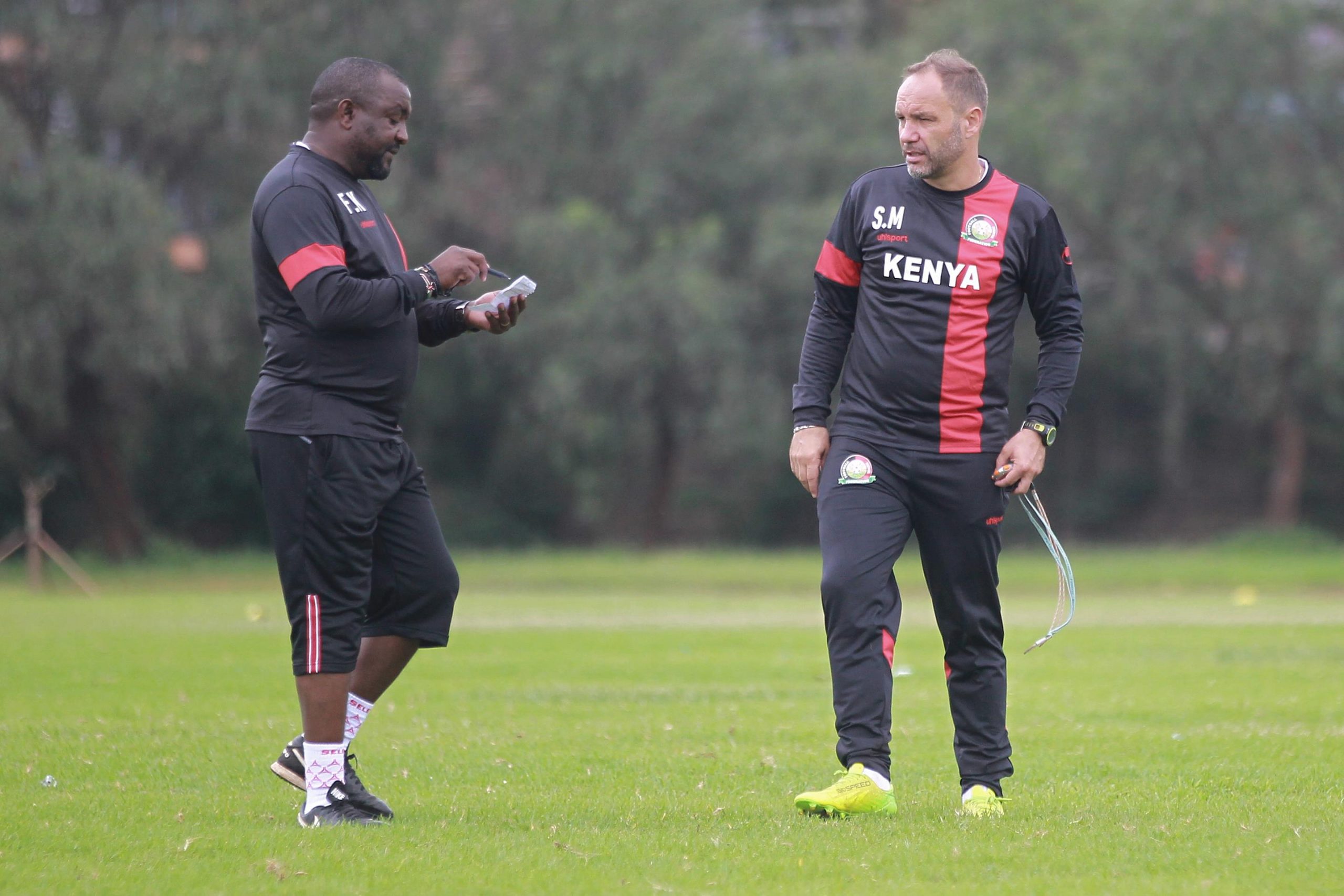




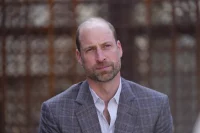

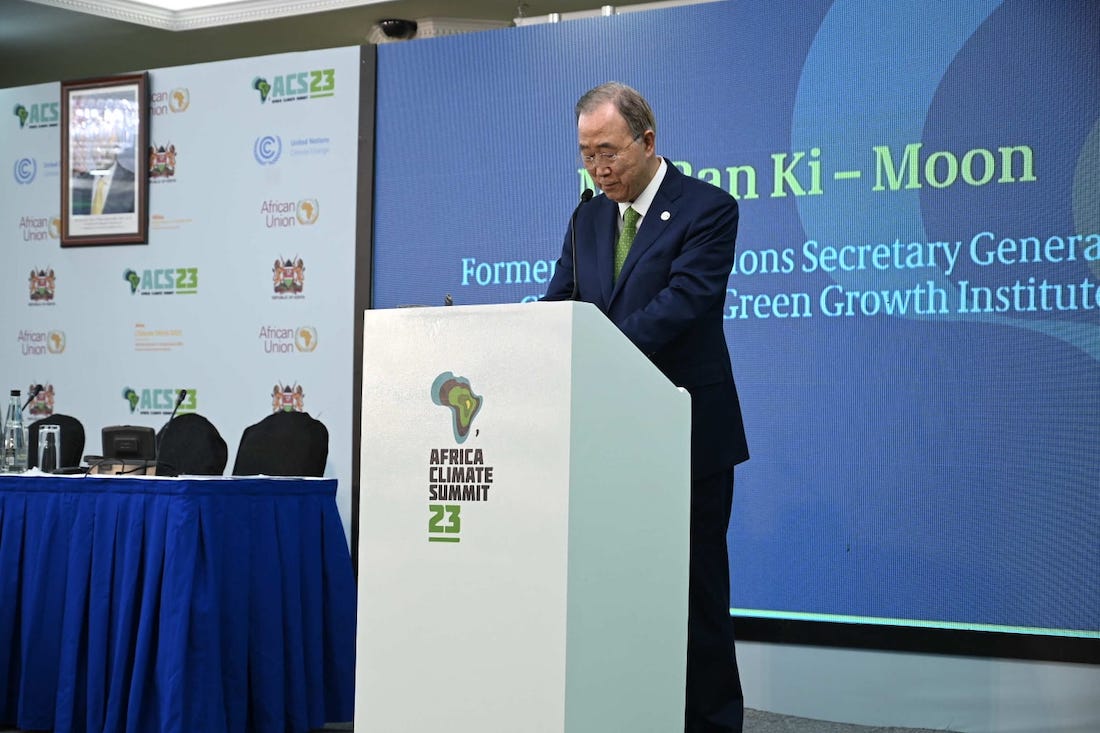


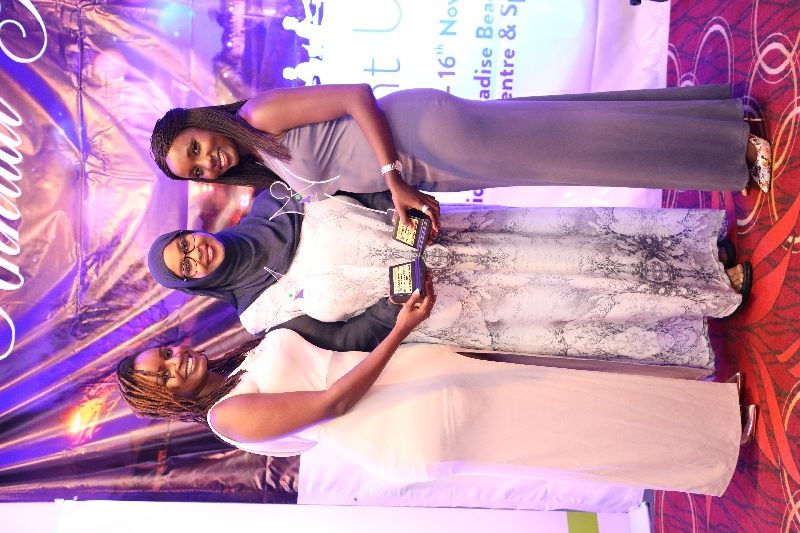
Leave a comment